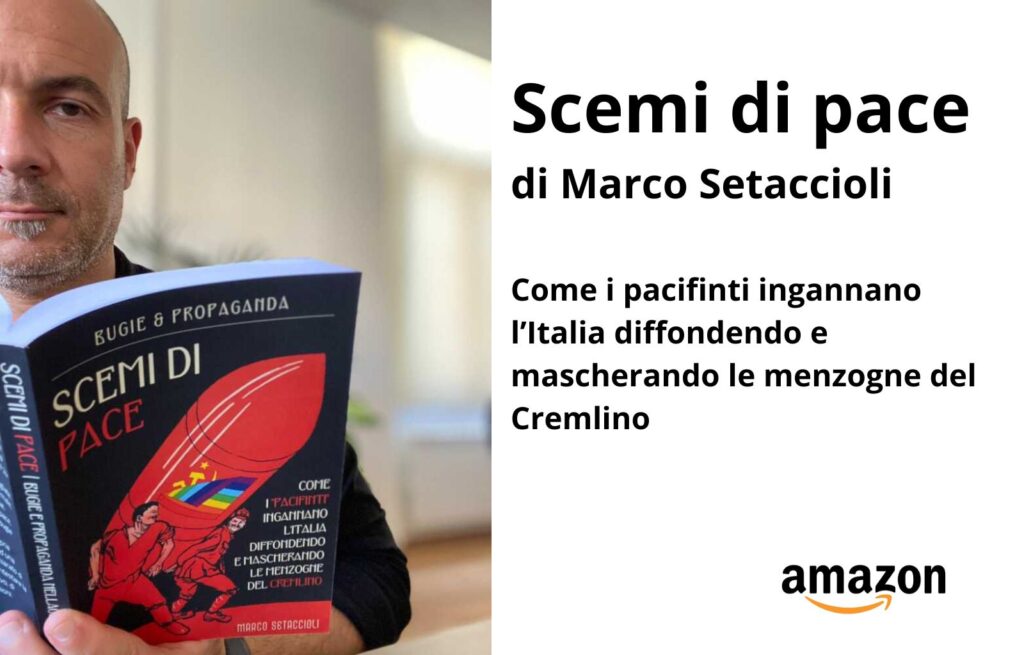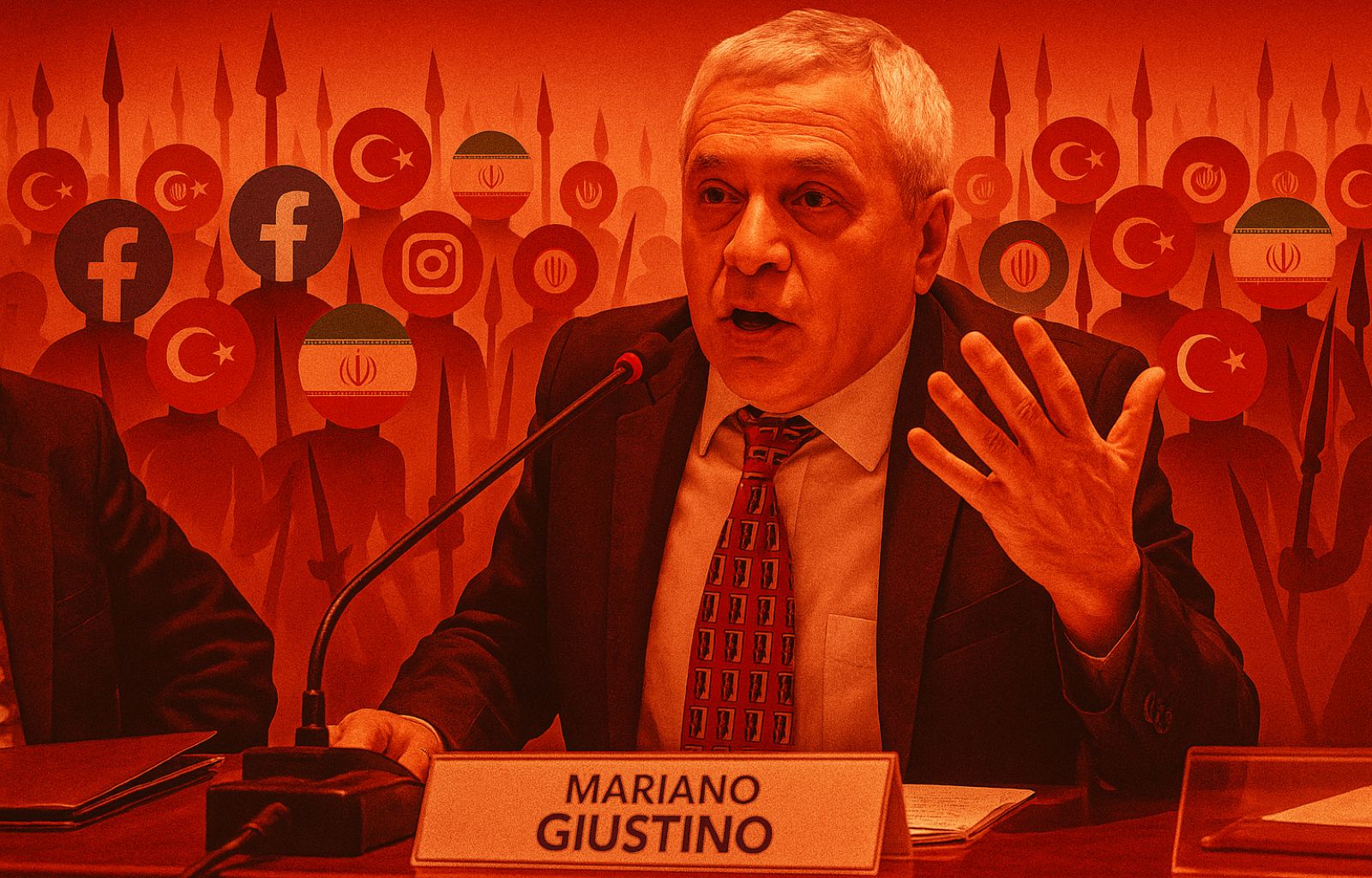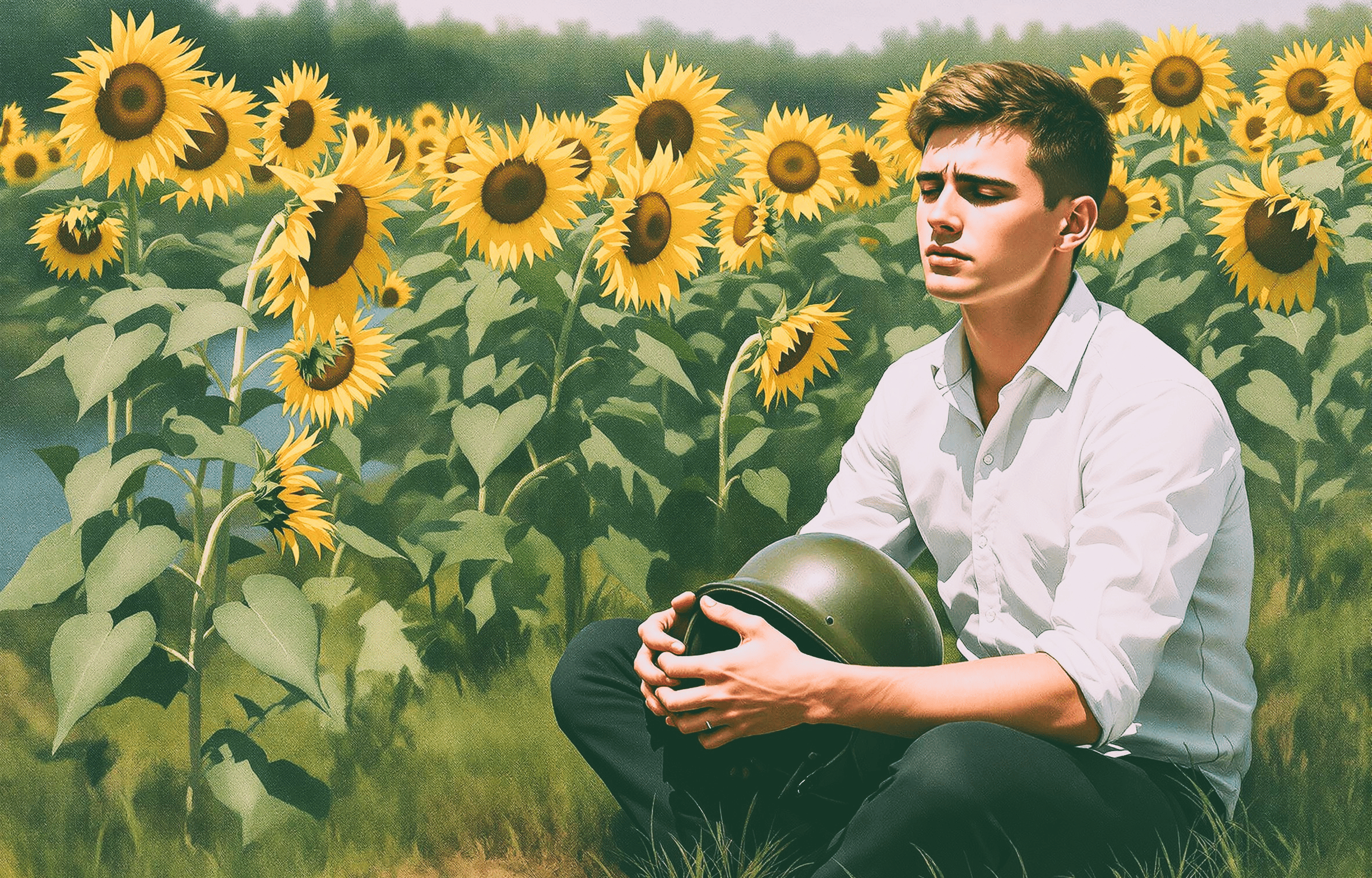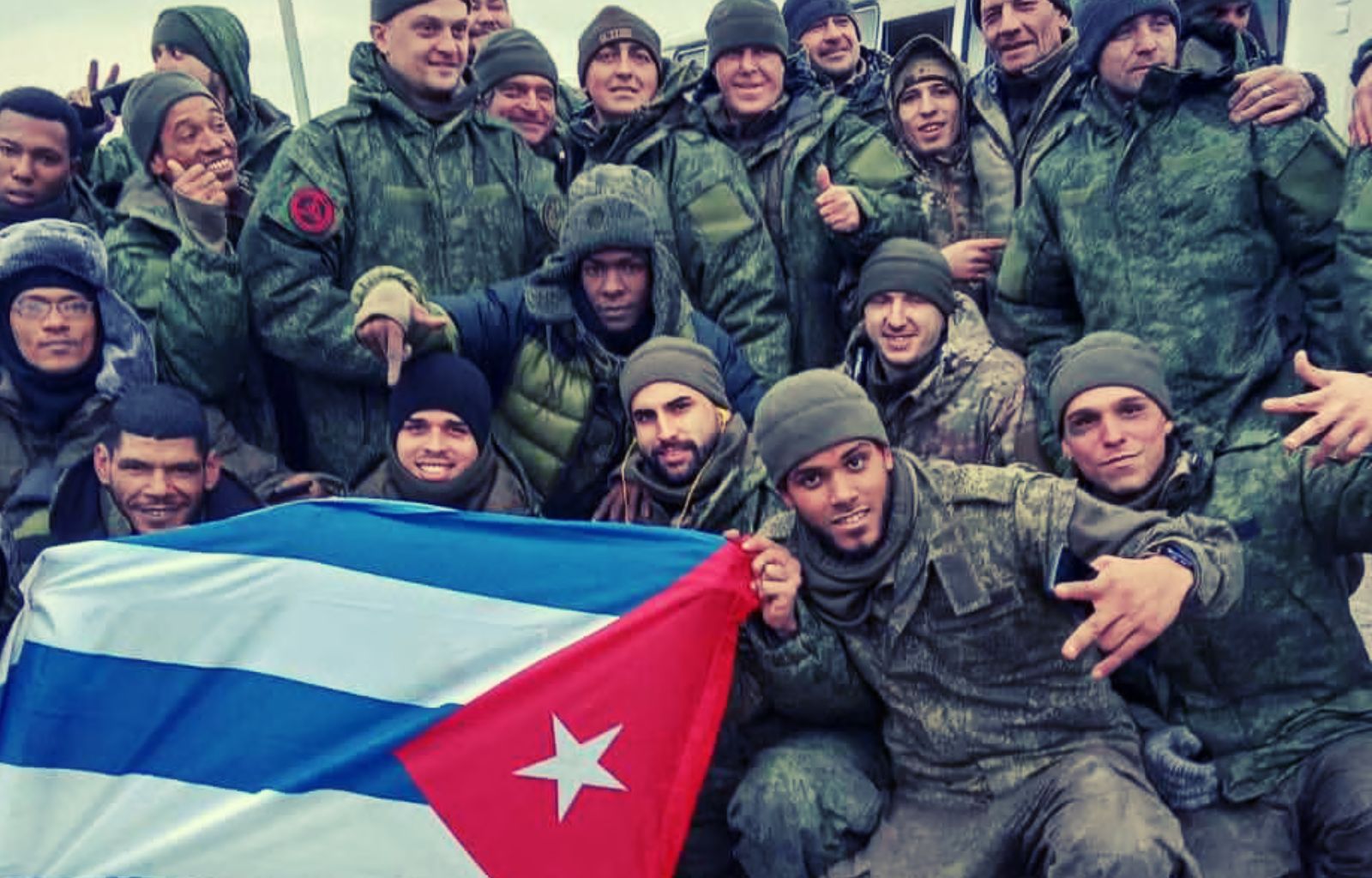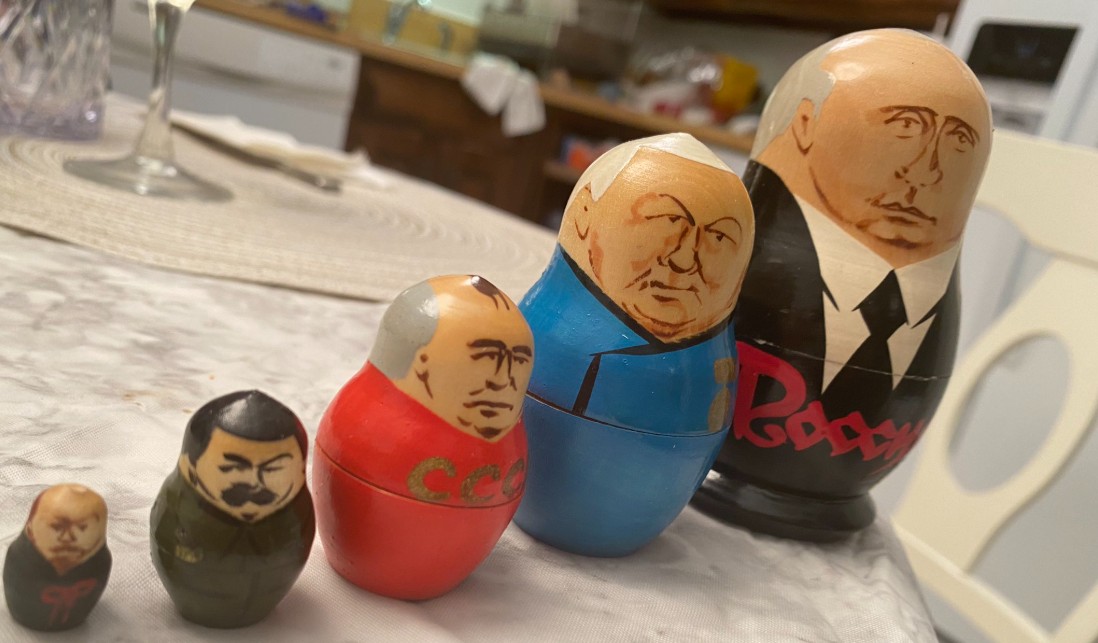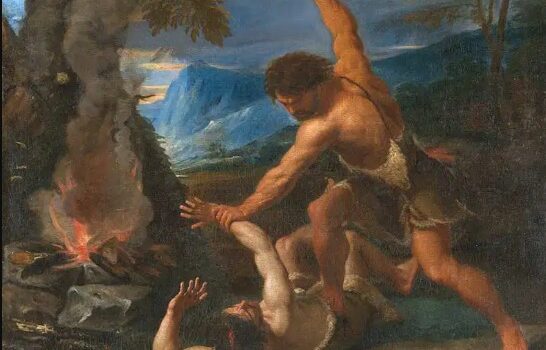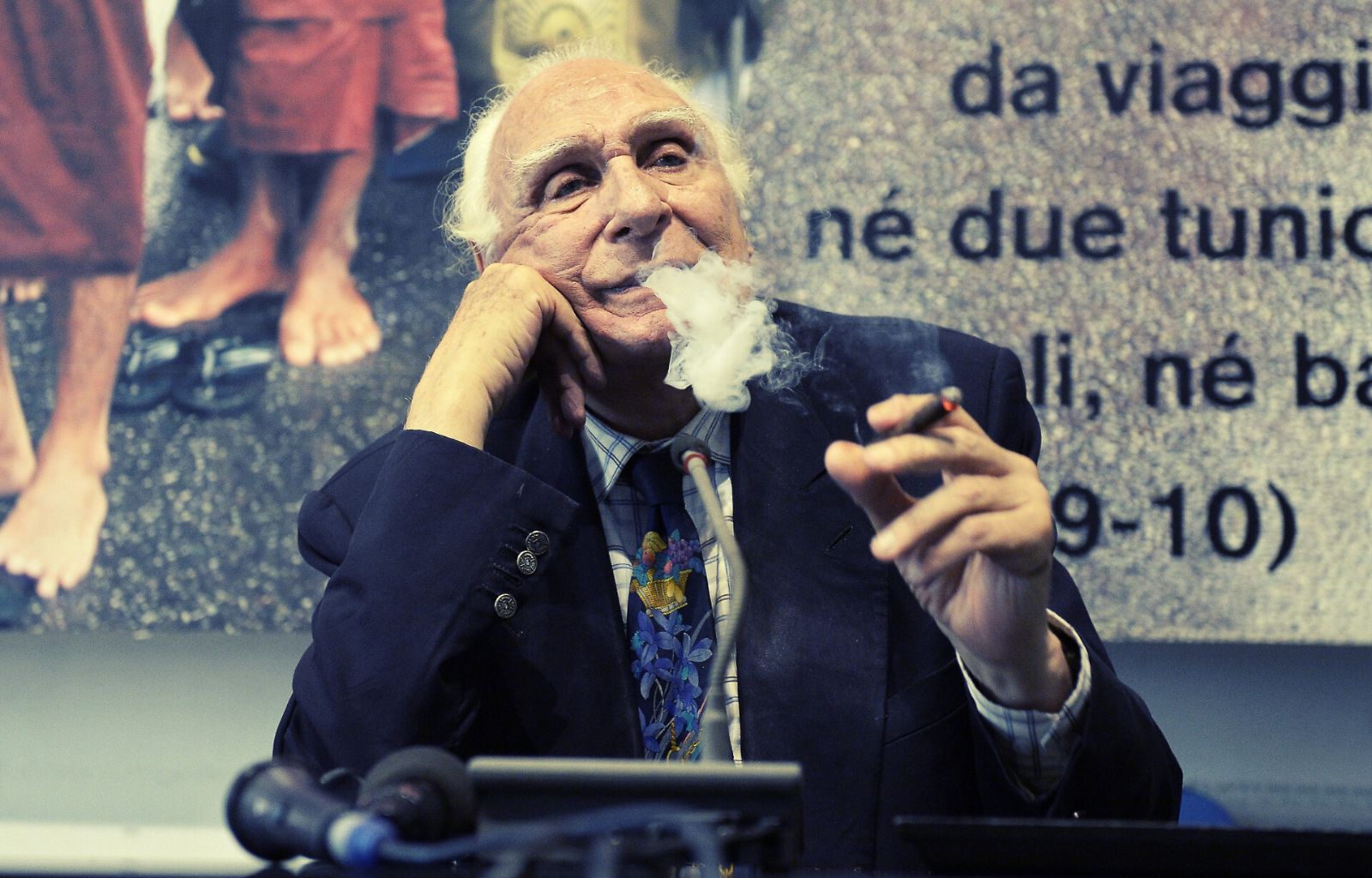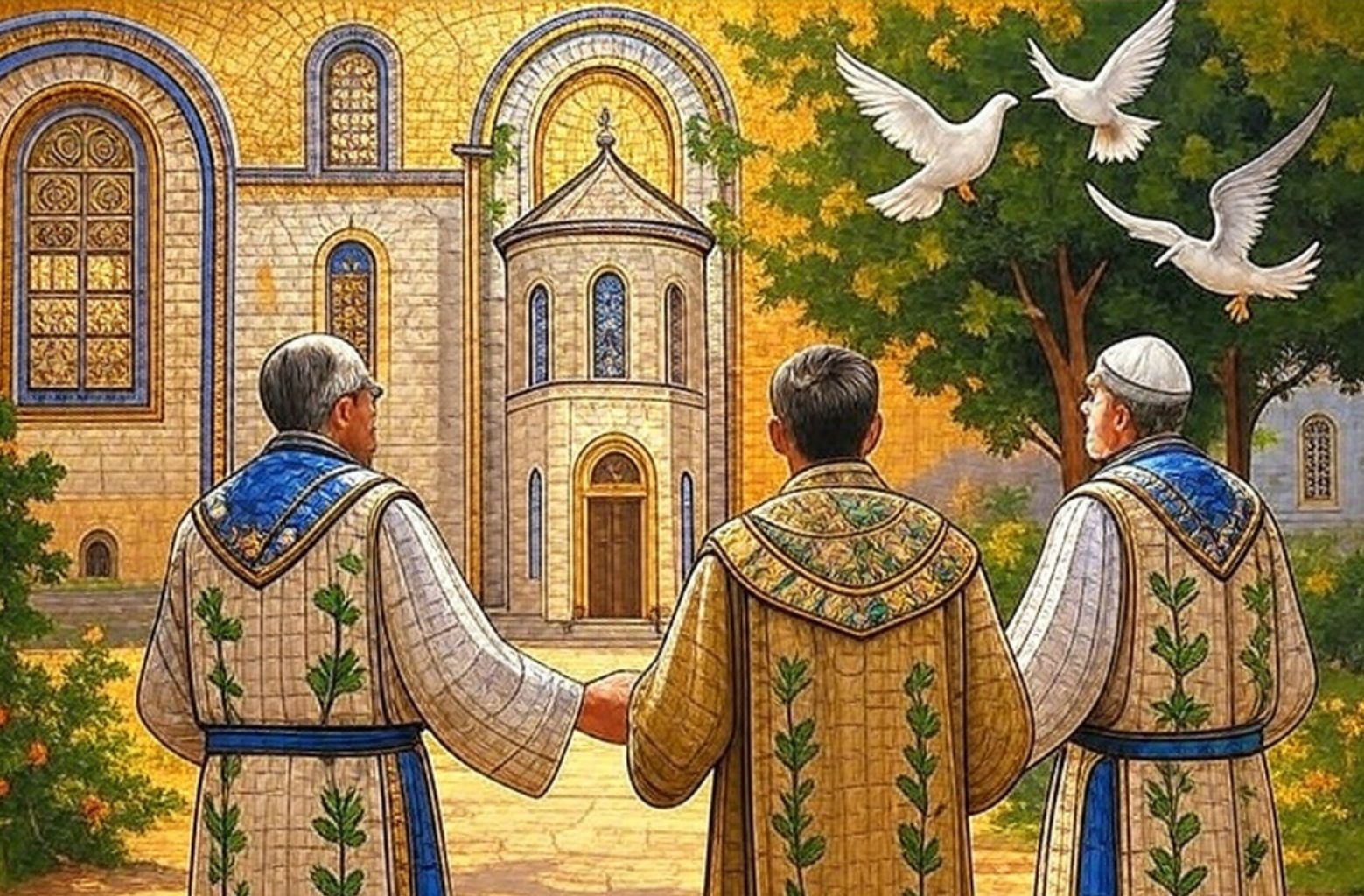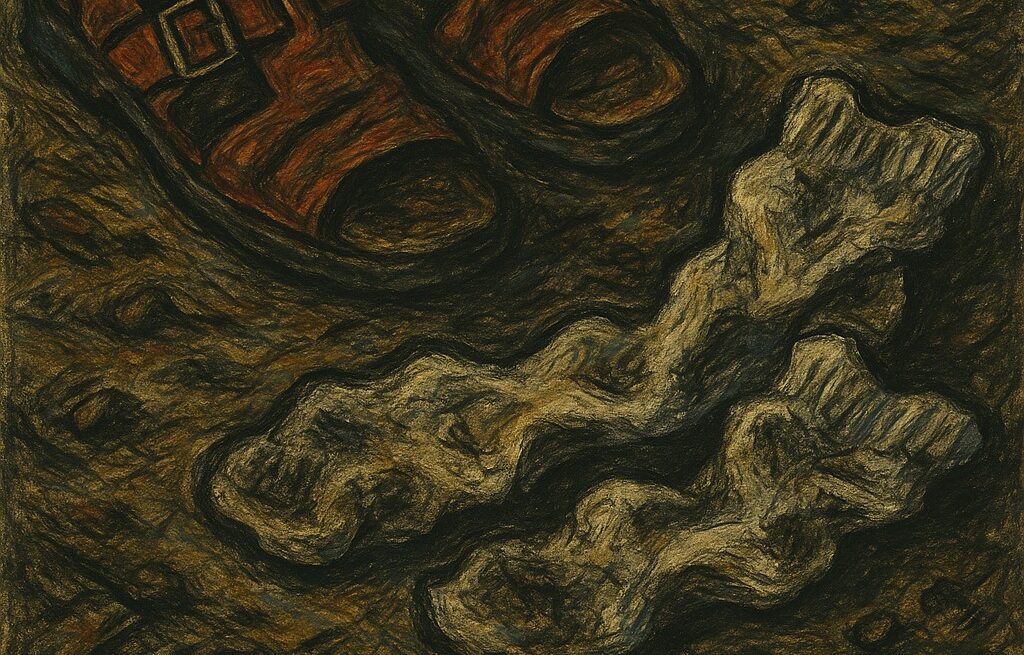A podcast recounting Altiero Spinelli and his battles for Europe
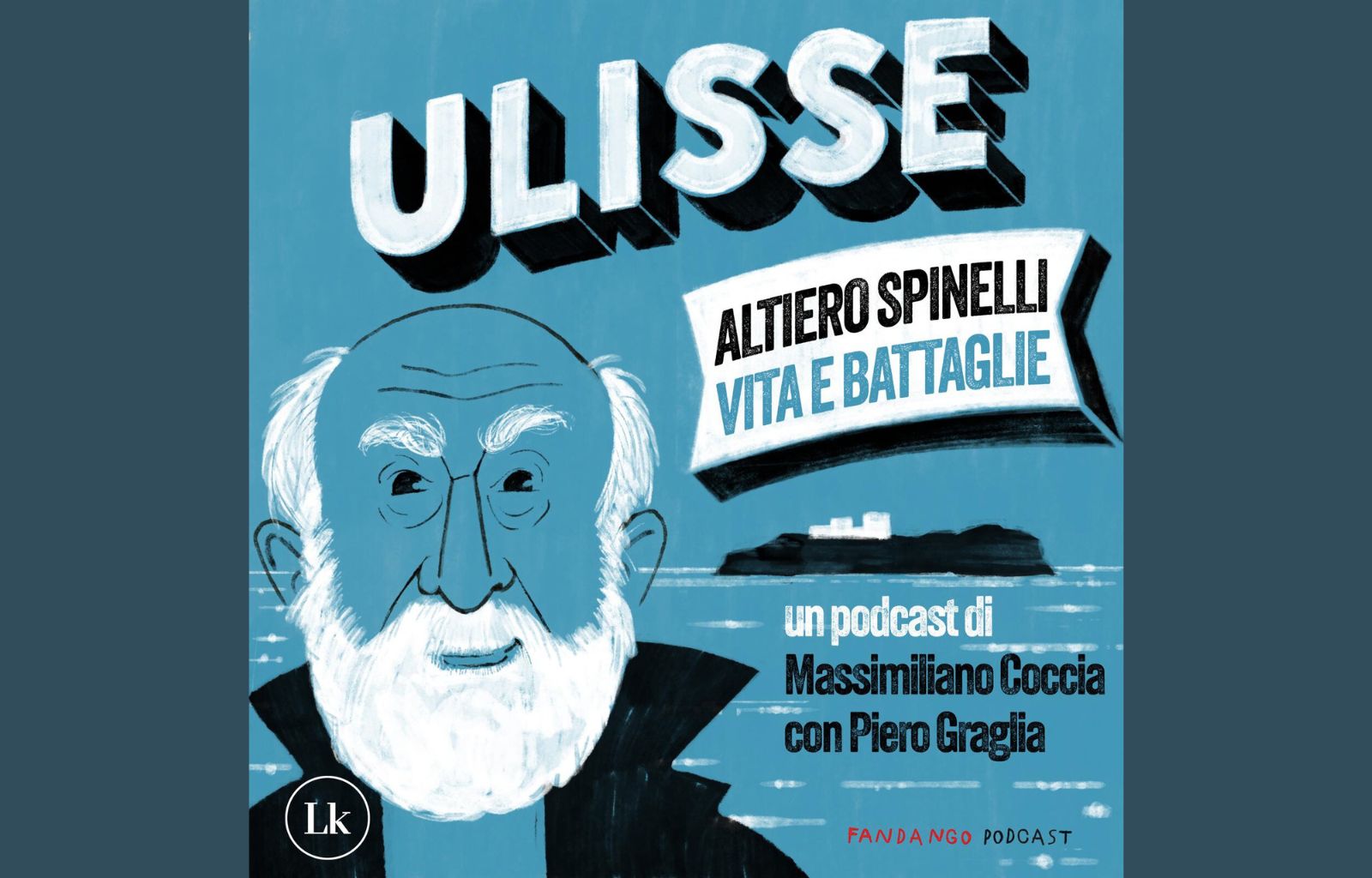
Altiero Spinelli is one of the founding fathers of Europe whose thought is not fully known, sometimes somewhat simplistically reduced only to the period of his confinement in Ventotene or his youthful communist and anti-fascist militancy. But Spinelli’s political life was a complex epic, made up of contrasts, insights and loneliness. Recounting this compelling web of stories is a podcast released on 19 May and produced by Fandango entitled “Ulysses. Life and battles of Altiero Spinelli‘, written and performed by Massimiliano Coccia. In the seven episodes that can be found on all listening platforms (Spotify and Apple Podcast above all), Coccia rigorously and narratively retraces eighty years of Spinelli’s life that overlap with the life of Italy and Europe. A masterfully crafted sound stitching where the voices of Altiero Spinelli, Ada Rossi, Giorgio Napolitano and Ursula Hirschmann are interwoven with the music of the composer and former Silver Ribbon winner, Pasquale Catalano, and the historical guidance of Piero Graglia, who skilfully sings the hundreds of events that mark the life of the anti-fascist politician. In the background are the sounds of the island of Ventotene, a place of beginning and end.
The following is an interview with Massimiliano Coccia, author and voice of the podcast.
The podcast begins in Ventotene, which takes on the same significance for Spinelli as Ithaca did for Ulysses. Why this choice?
Altiero Spinelli’s life began in Rome, the city where he was born and grew up, where he began to serve in the Communist Party, but it had its turning point in Ventotene where he would become an adult, meet the woman of his life (Ursula Hirschmann, ed.) and where together with Ernesto Rossi and Eugenio Colorni he would write the Manifesto for a free and united Europe. It almost seems as if for the rest of his life fate will take him to Ventotene and make him return there, as it did for Ulysses (which was his battle name during fascism, ed). I liked the idea of using the epic metaphor to recount an extraordinary life, the life of a hero of our time who did not give in to defeat, imprisonment and adversity.
Why did you choose to do this podcast?
It is a choice born in times not suspicious of the latest controversy surrounding the ‘Ventotene Manifesto’. Spinelli was fundamental in my moral and political growth, he was always a character I stumbled upon, I found him in front of me many times since I was a boy, when I went to Ventotene more by instinct than by ideal motivation. I used to talk about Spinelli with Marco Pannella who remembered him with love and admiration and told me ‘he was many things Altiero, many of his battles are still not understood. But everyone will find out’.
Speaking of Pannella, there are many contributions from the Radio Radicale archive in the podcast.
I am very happy about this and I thank the director Giovanna Reanda for the collaboration. I spent very good years in radio and I learnt the method of historical research there. I wanted those croaky, beautiful and moving voices from the past to be there. Spinelli, Ada Rossi, Giorgio Napolitano, Sergio Mattarella and many others make up an important spiral of stories and voices, an essential sound carpet in my work.
What does Altiero Spinelli have to teach us today?
First of all, we are immersed in a problematic dimension of Europe and the world around us that he had foreseen, analysed and tried to change through his struggle. Spinelli’s European federalism remains the only current ideological instrument with respect to the ideas of the 20th century, and the United States of Europe the only invention that can give rights, freedom, prosperity and democracy to the days to come. Spinelli was not an idealist, quite the contrary.
Indeed, some passages in which he speaks of common defence, of the Comiso missiles, in which he criticises Marxism and the Communist Party… are striking.
Yes, Spinelli saw the lack of an agreement on common defence, the CED in the 1950s as a huge failure, he wanted Europe as a third force on the chessboard, he imagined a political and pragmatic construction of the future. This sense of reality led him from his years of imprisonment and confinement to distance himself until he was expelled from the Communist Party, he came back years later to work for an anchoring of the Communists to the European perspective. He was a heterodox, a fine intellectual, a man who problematised and for this reason suffered exile and loneliness even among his comrades.
There is also room for private life, for the love between Altiero and Ursula.
This dimension is very much present throughout the podcast, which closes with a letter from Spinelli to Hirschmann read by Carlo De Ruggieri in which he writes ‘I have a closed garden that is on this side of the action, a sphere in which it is not a matter of creating and giving to others and for others, but of living with fullness, with happiness, always possessing everything, and therefore with a profound sense of perfection and eternity, of infinity. This enclosed garden is you, present past and future and real, four-dimensional. It is you and it is us, it is our love. That is also why I love this work so much.
